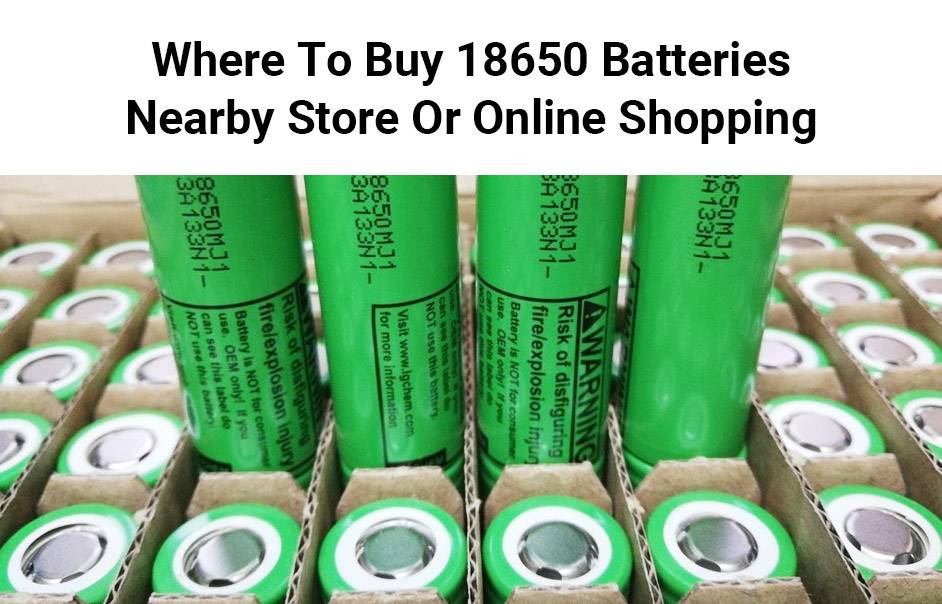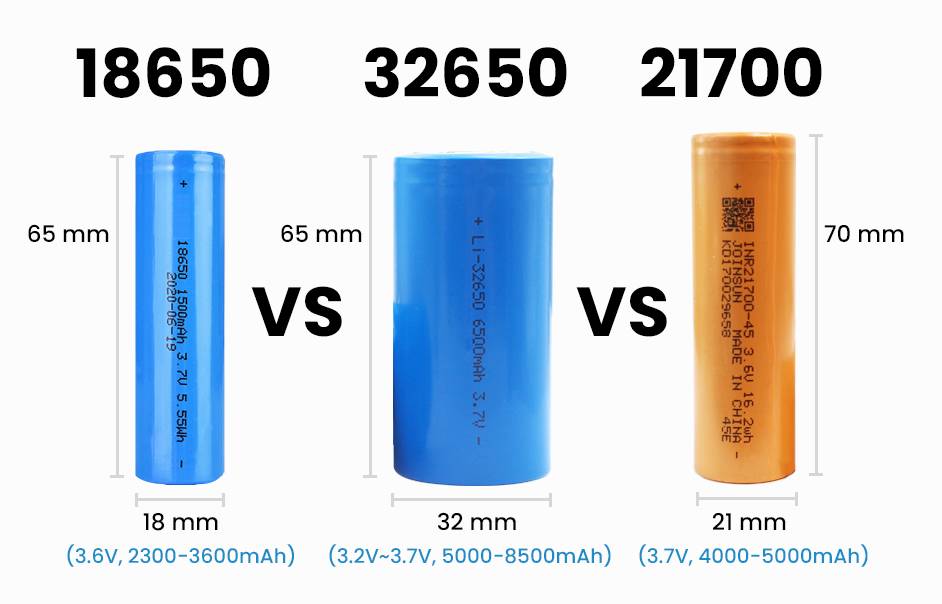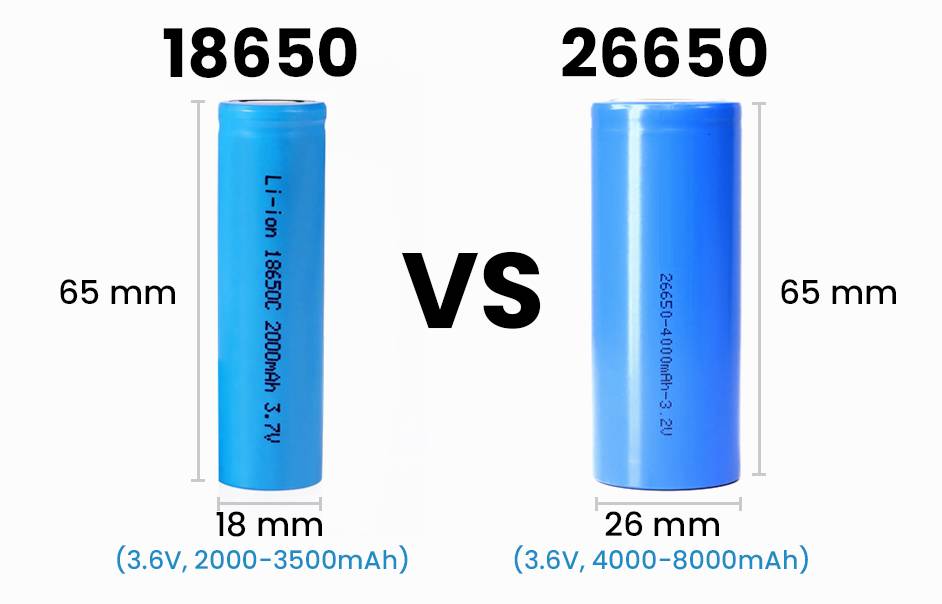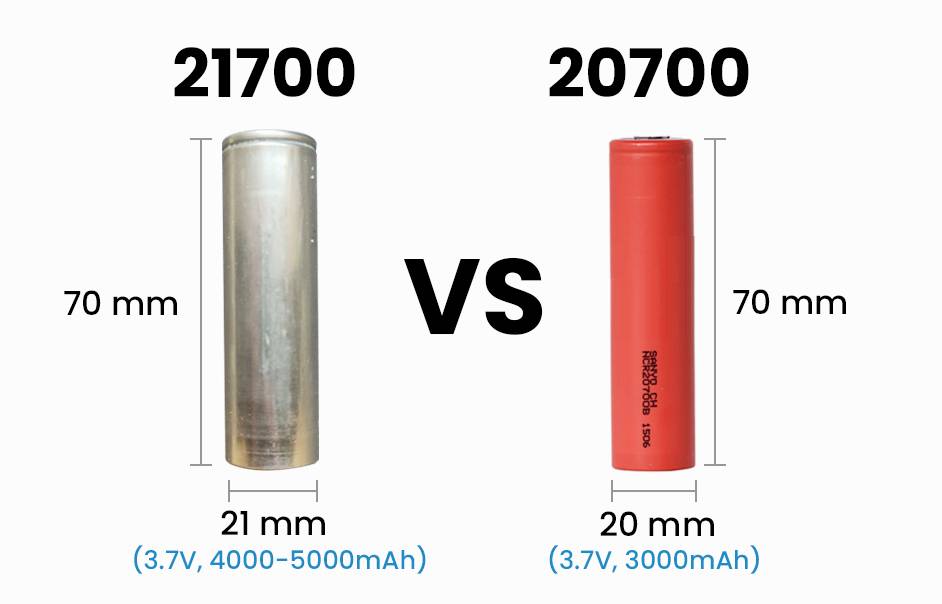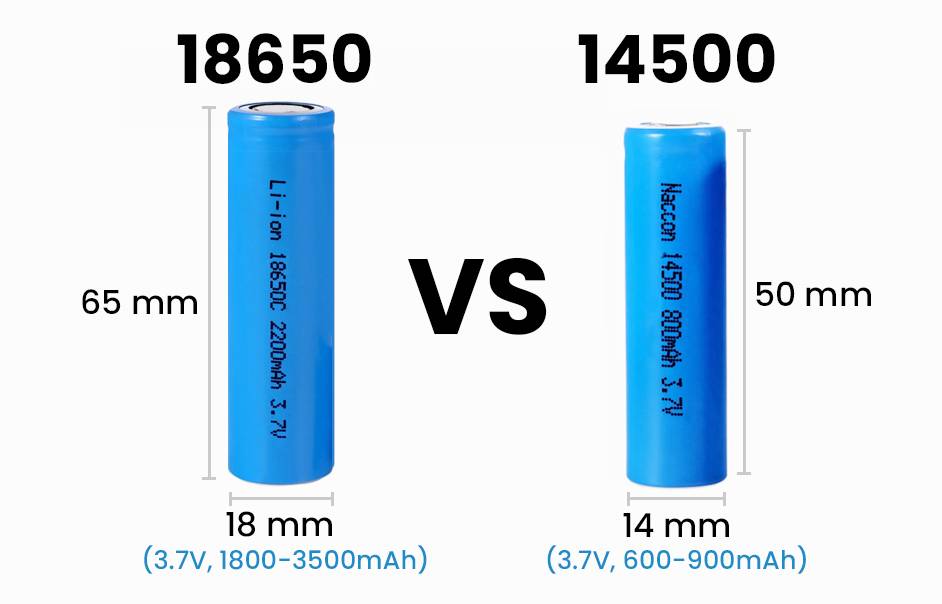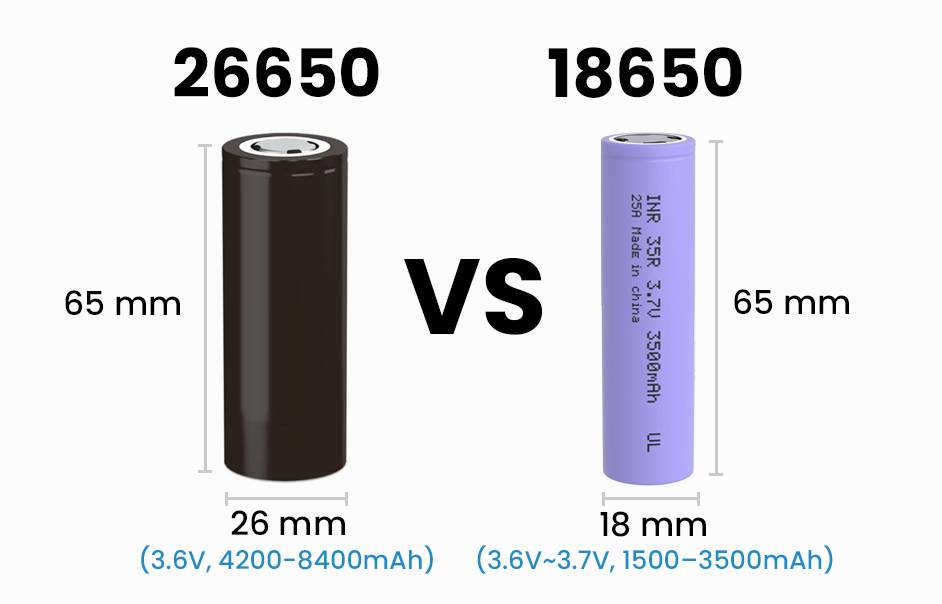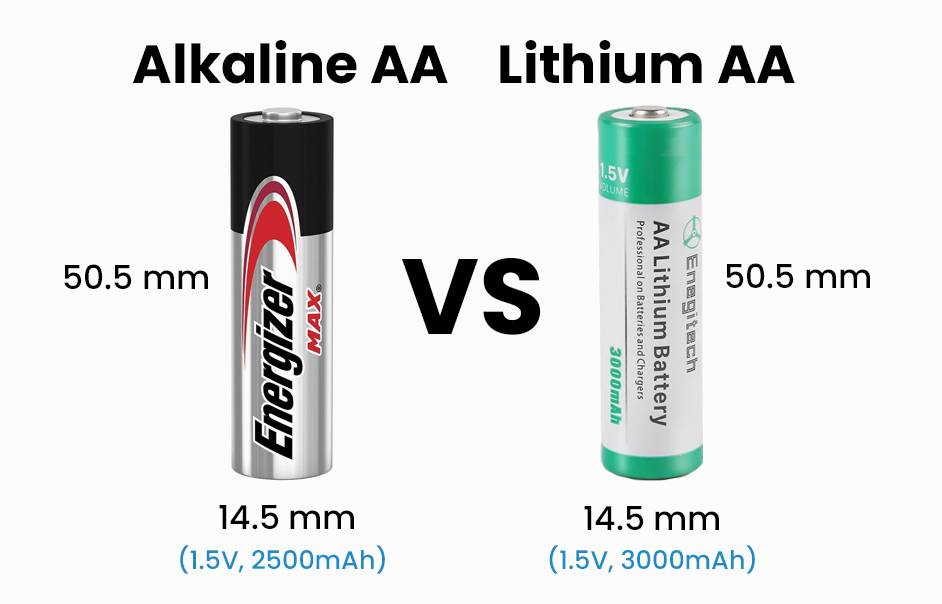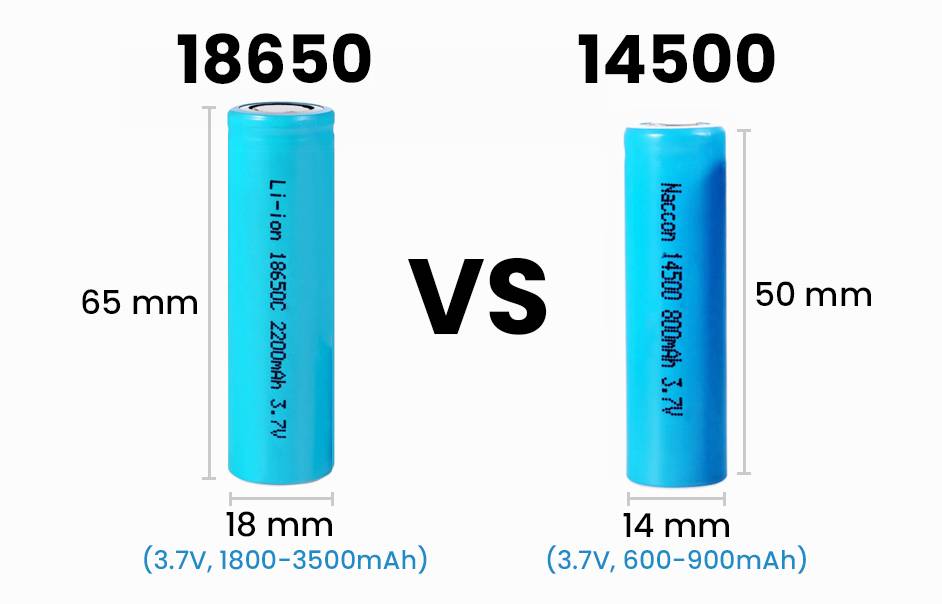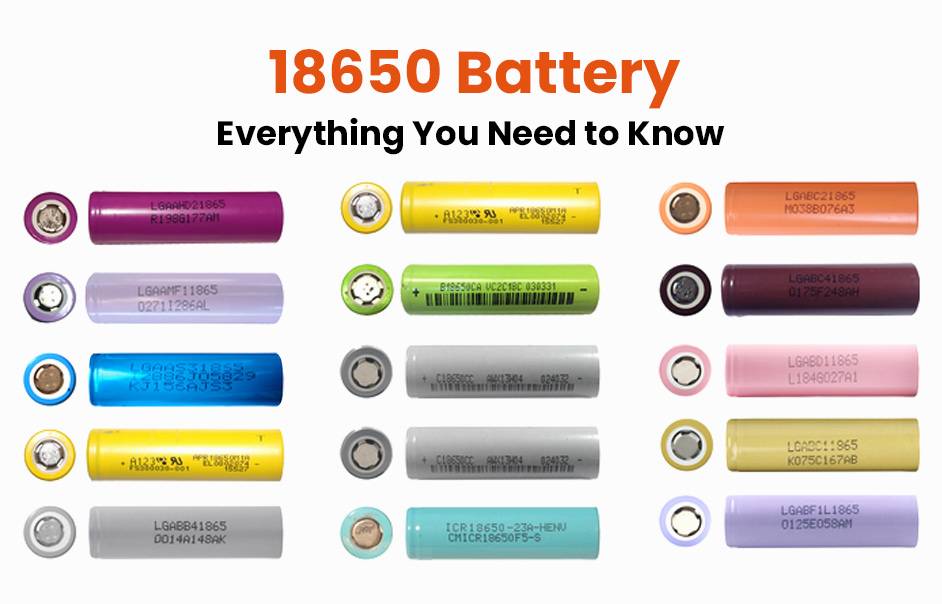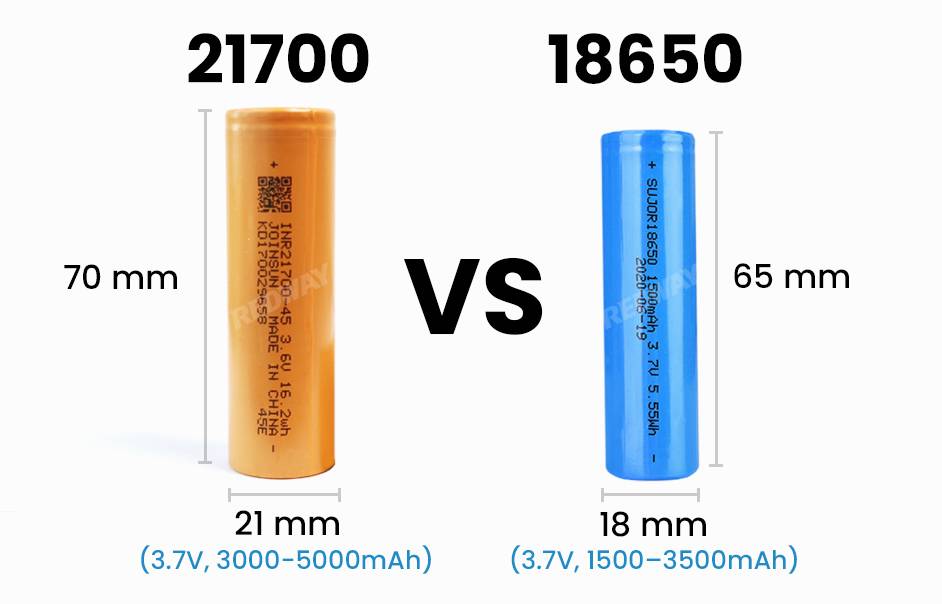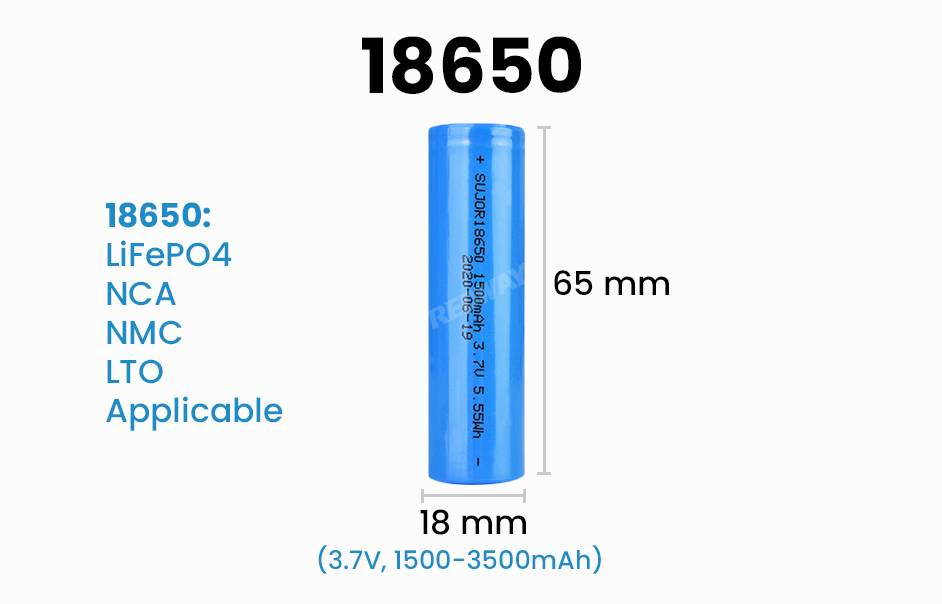- Lithium Golf Cart Battery
- Forklift Lithium Battery
-
48V
- 48V 210Ah
- 48V 300Ah
- 48V 420Ah (949 x 349 x 569 mm)
- 48V 420Ah (950 x 421 x 450 mm)
- 48V 456Ah
- 48V 460Ah (830 x 630 x 590 mm)
- 48V 460Ah (950 x 421 x 450 mm)
- 48V 460Ah (800 x 630 x 600 mm)
- 48V 460Ah (820 x 660 x 470 mm)
- 48V 500Ah
- 48V 560Ah (810 x 630 x 600 mm)
- 48V 560Ah (950 x 592 x 450 mm)
- 48V 600Ah
- 48V 630Ah
-
48V
- 12V Lithium Battery
12V 150Ah Lithium RV Battery
Bluetooth App | BCI Group 31
LiFePO4 Lithium
Discharge Temperature -20°C ~ 65°C
Fast Charger 14.6V 50A
Solar MPPT Charging - 24V Lithium Battery
- 36V Lithium Battery
- 48V Lithium Battery
-
48V LiFePO4 Battery
- 48V 50Ah
- 48V 50Ah (for Golf Carts)
- 48V 60Ah (8D)
- 48V 100Ah (8D)
- 48V 100Ah
- 48V 100Ah (Discharge 100A for Golf Carts)
- 48V 100Ah (Discharge 150A for Golf Carts)
- 48V 100Ah (Discharge 200A for Golf Carts)
- 48V 150Ah (for Golf Carts)
- 48V 160Ah (Discharge 100A for Golf Carts)
- 48V 160Ah (Discharge 160A for Golf Carts)
-
48V LiFePO4 Battery
- 60V Lithium Battery
-
60V LiFePO4 Battery
- 60V 20Ah
- 60V 30Ah
- 60V 50Ah
- 60V 50Ah (Small Size / Side Terminal)
- 60V 100Ah (for Electric Motocycle, Electric Scooter, LSV, AGV)
- 60V 100Ah (for Forklift, AGV, Electric Scooter, Sweeper)
- 60V 150Ah (E-Motocycle / E-Scooter / E-Tricycle / Tour LSV)
- 60V 200Ah (for Forklift, AGV, Electric Scooter, Sweeper)
-
60V LiFePO4 Battery
- 72V~96V Lithium Battery
- Rack-mounted Lithium Battery
- E-Bike Battery
- All-in-One Home-ESS
- Wall-mount Battery ESS
-
Home-ESS Lithium Battery PowerWall
- 24V 100Ah 2.4kWh PW24100-S PowerWall
- 48V 50Ah 2.4kWh PW4850-S PowerWall
- 48V 50Ah 2.56kWh PW5150-S PowerWall
- 48V 100Ah 5.12kWh PW51100-F PowerWall (IP65)
- 48V 100Ah 5.12kWh PW51100-S PowerWall
- 48V 100Ah 5.12kWh PW51100-H PowerWall
- 48V 200Ah 10kWh PW51200-H PowerWall
- 48V 300Ah 15kWh PW51300-H PowerWall
PowerWall 51.2V 100Ah LiFePO4 Lithium Battery
Highly popular in Asia and Eastern Europe.
CE Certification | Home-ESS -
Home-ESS Lithium Battery PowerWall
- Portable Power Stations
What is the difference between 18650 and 21700 lithium-ion cells?
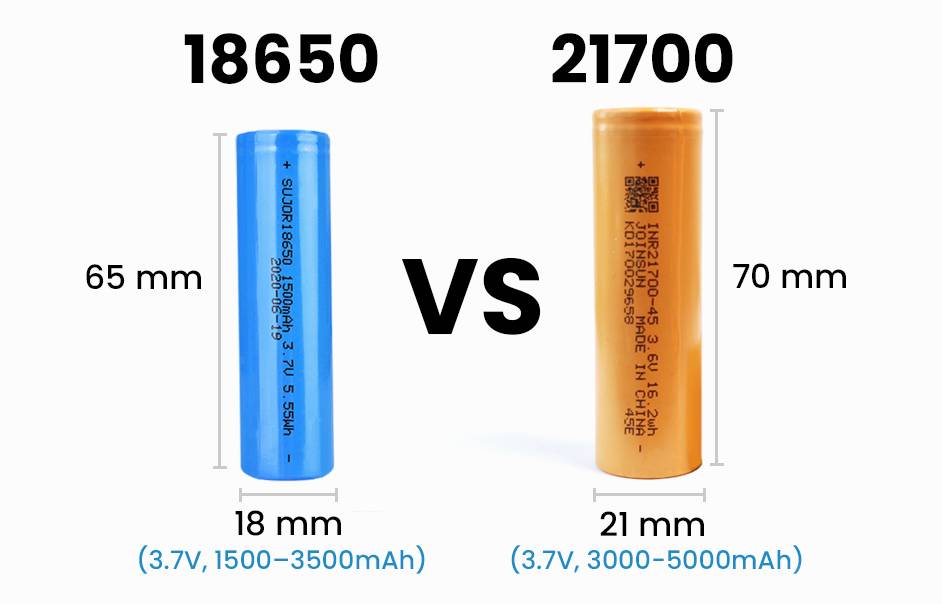
Are you familiar with the powerhouses behind your favorite electronic devices? We’re talking about lithium-ion batteries! These compact and efficient energy sources have revolutionized modern technology, providing longer-lasting power for everything from smartphones to electric vehicles. But did you know that not all lithium-ion cells are created equal? In today’s blog post, we’ll explore the differences between two popular types: 18650 and 21700 cells. Get ready to dive into the world of battery technology and discover which one is right for your charging needs!
What are 18650 and 21700 cells?
Lithium-ion batteries are vital for various electronic devices, and two prevalent types are the 18650 and 21700 cells. These designations correspond to the dimensions of the cylindrical cells, influencing their performance and applications.
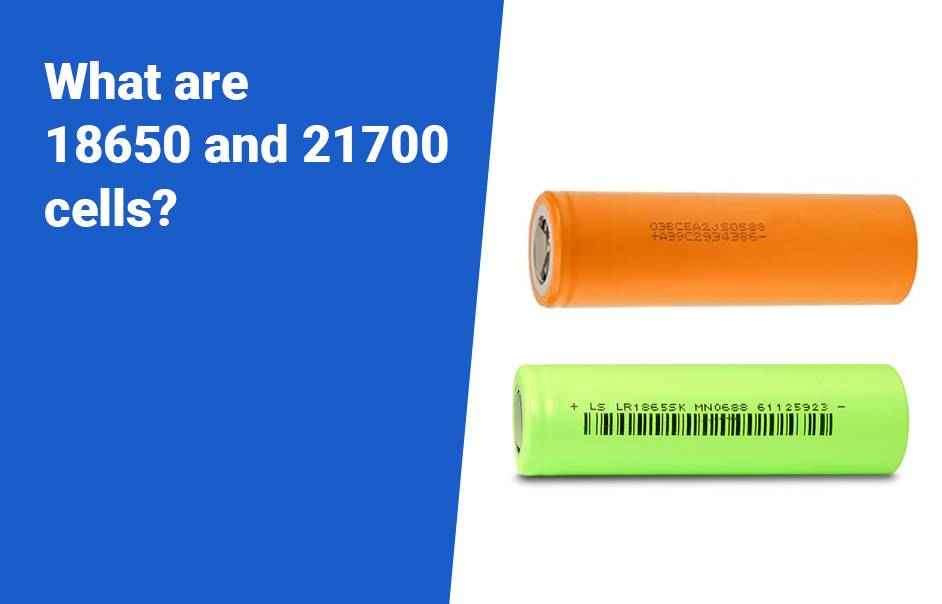
1. Size Matters:
- 18650: Diameter of 18mm and length of 65mm.
- 21700: Larger, with a diameter of 21mm and length of 70mm.
- Physically distinguishable, the 21700 appears more robust due to its size.
2. Capacity and Performance:
- 18650: Smaller but suitable for compact devices.
- 21700: Larger, offering higher capacity and longer run times.
- Performance influenced by factors beyond size, including chemistry and manufacturing quality.
3. Application Specifics:
- 18650: Ideal for portable electronics with limited space.
- 21700: Suited for high-power output and extended battery life, crucial in electric vehicles and demanding tools.
4. Considerations:
- Both have advantages and disadvantages based on specific requirements.
- Device performance not solely determined by size; chemistry and manufacturing quality play crucial roles.
Physical differences between the two
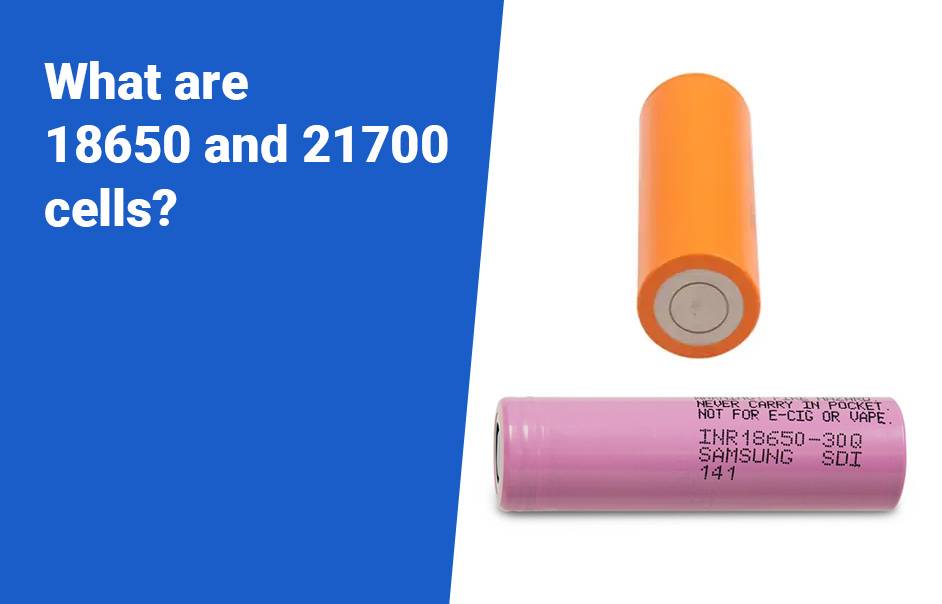
Capacity and performance comparison
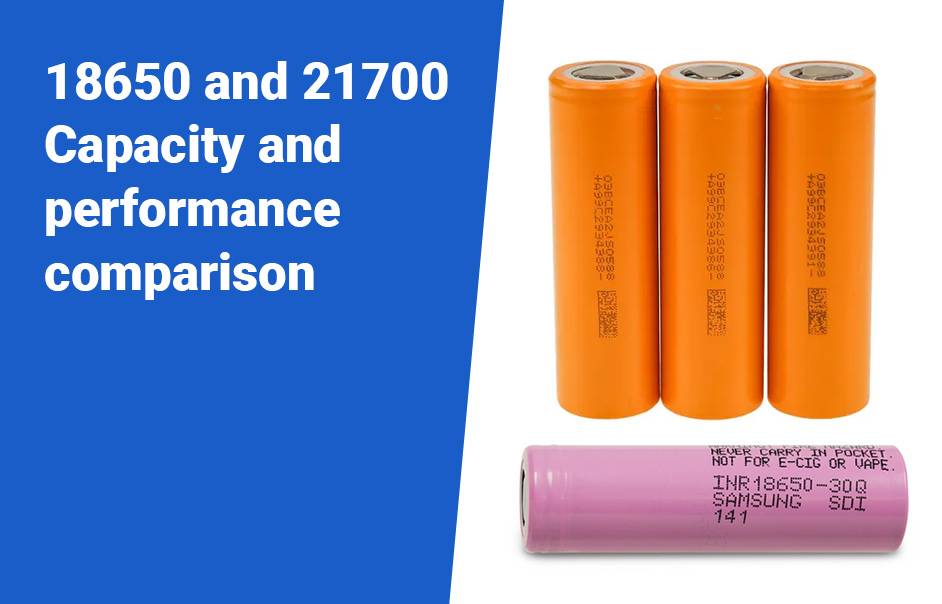
Advantages and disadvantages of each type
18650 Cells:
- Advantages:
- Proven reliability and efficiency with years of widespread use.
- Compact size, ideal for devices with space constraints.
- Readily available in the market, ensuring easy replacement.
- Disadvantages:
- Lower capacity compared to 21700 cells.
- May not provide as long-lasting power for certain high-demand applications.
21700 Cells:
- Advantages:
- Larger capacity, storing more energy for extended device usage.
- Better heat dissipation capabilities, contributing to improved overall performance.
- Disadvantages:
- Larger size may limit compatibility with devices designed for 18650 cells.
- Typically comes at a higher cost compared to 18650 cells.
Consideration Factors:
- Compatibility: 18650 cells fit into a wide range of devices; 21700 may not fit in those designed for 18650s.
- Cost: Generally, 18650 cells tend to be more budget-friendly.
- Capacity Demands: Choose based on the energy storage needs of your specific applications.
- Device Compatibility: Assess whether your device can accommodate the larger size of 21700 cells.
Common uses for 18650 and 21700 cells
- Portable Electronics:
- 18650: Ideal for compact devices like flashlights and handheld gaming devices.
- 21700: Suited for high-power consuming electronics like laptops and tablets.
- Electric Vehicles (EVs):
- Both cell types crucial for efficient energy storage in EVs.
- Higher energy density enables longer travel distances on a single charge.
- Power Tools:
- Widely used in cordless drills, saws, and other power tools.
- Reliable and long-lasting battery life for both 18650 and 21700 cells.
- Energy Storage Systems:
- Key components in energy storage solutions for renewable sources like solar panels.
- Efficiently store large amounts of energy for uninterrupted power supply.
- Medical Devices:
- Essential for powering portable medical equipment such as patient monitors and infusion pumps.
- Compact size and high-capacity capabilities make both cell types ideal for critical healthcare devices.
From everyday consumer electronics to industrial and medical applications, the versatility of 18650 and 21700 cells ensures their widespread use across various sectors requiring reliable portable power solutions.
Choosing the right cell for your needs














